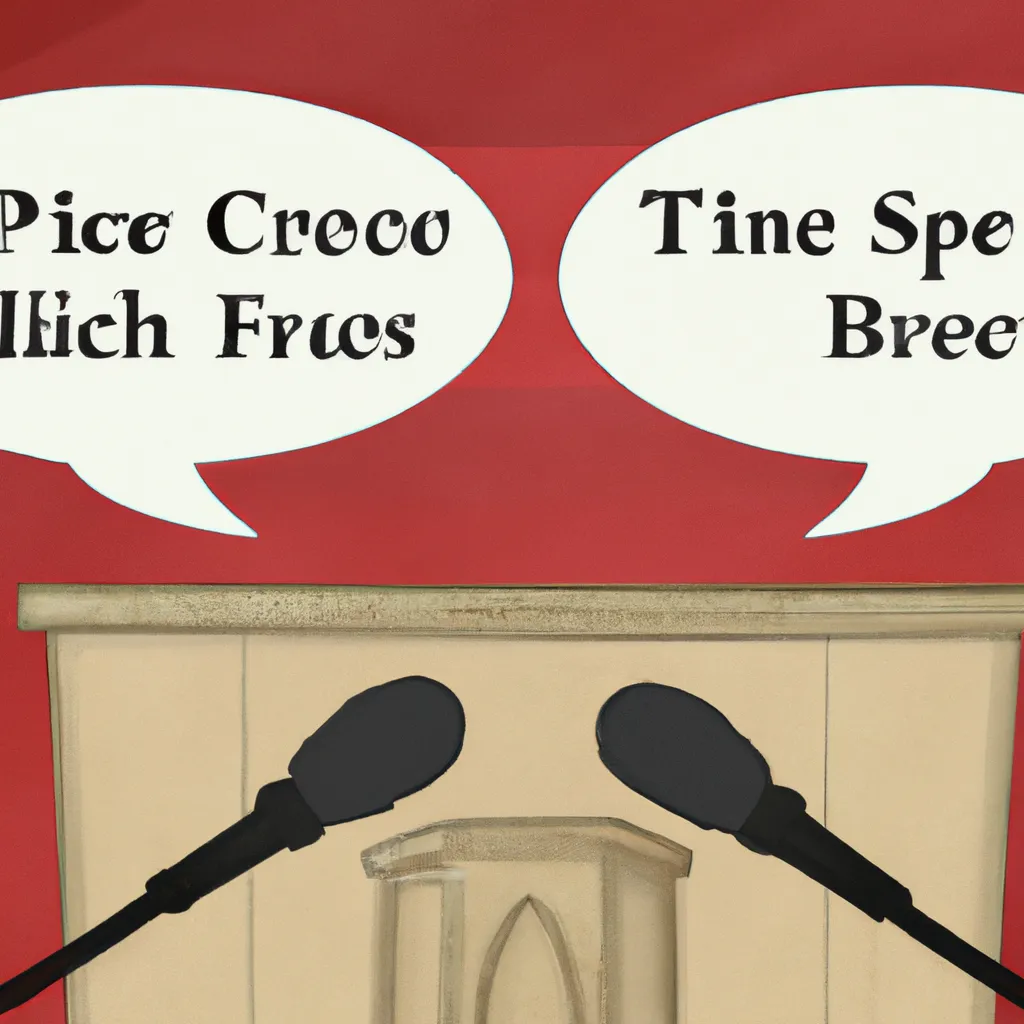A pair of Supreme Court cases asking what limits the First Amendment places on government officials who use social media seemed to perplex the justices on Tuesday. The arguments in O’Connor-Ratcliff v. Garnier and Lindke v. Freed featured a cacophony of questions about cat pictures, spontaneous grocery store conversations, and a simply dizzying array of proposed legal rules — none of which seemed likely to fully inform public officials what they may and may not do online.
The cases involve similar issues. In O’Connor-Ratcliff, two school board members in California blocked a pair of constituents on Facebook or Twitter, and then were sued for doing so. In Lindke, a city manager in Michigan blocked a member of the public from his Facebook page, and was likewise rewarded for doing so with a lawsuit.
Ordinarily, of course, a dispute over a social media user’s decision to block someone online would never belong in federal court. But the First Amendment rules governing public officials are very strict, and they almost never permit a government official to engage in “viewpoint discrimination.” So, if such an official blocks someone because they disagree with that person’s opinions or do not want those opinions to appear next to their own social media posts, that potentially raises very serious constitutional problems.
That said, the specific question presented to the Supreme Court in O’Connor-Ratcliff and Lindke is not whether these officials violated the First Amendment. Instead, the two cases deal with a surprisingly difficult threshold question: whether those officials were acting within the scope of their authority as government officials — or, to use the language of the law, whether they were engaged in “state action” — when they blocked the offended plaintiffs. As a general rule, the Constitution only constrains government officials when they are exercising state authority. An off-duty police officer, for example, can tell a friend they meet at a bar to “shut up,” even though the First Amendment would prohibit a cop from policing a law-abiding citizen’s speech while the cop is on duty.

